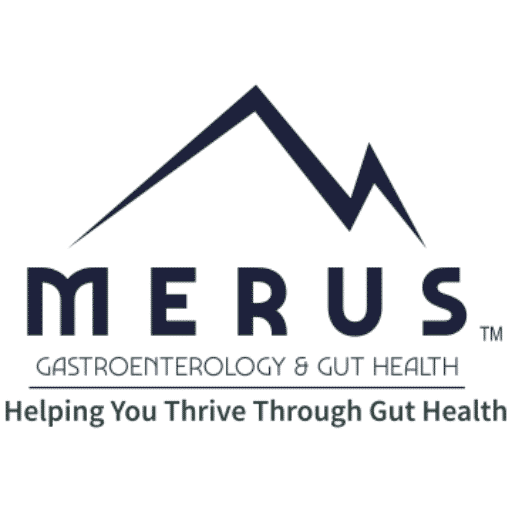Your digestive system is like the foundation of your body, providing support and essential functions to keep you healthy and comfortable. However, just like a well-maintained roof protects your home from damage, a healthy digestive system is crucial for overall well-being. In this guide, we’ll explore common digestive issues, focusing on constipation, and provide valuable tips for achieving better digestive health.
Understanding Constipation
Constipation is a prevalent digestive problem characterized by infrequent bowel movements, difficulty passing stools, or incomplete evacuation. It can cause discomfort, bloating, and abdominal pain, affecting your quality of life. Several factors can contribute to constipation, including:
- Dietary Factors: Low fiber intake, inadequate fluid intake, and a diet high in processed foods can contribute to constipation.
- Lifestyle Habits: Lack of physical activity, ignoring the urge to have a bowel movement, and certain medications can lead to constipation.
- Medical Conditions: Underlying medical conditions such as irritable bowel syndrome (IBS), hypothyroidism, and neurological disorders can contribute to constipation.
Tips for Relieving Constipation
- Increase Fiber Intake: Incorporate fiber-rich foods into your diet, such as fruits, vegetables, whole grains, legumes, and nuts. Fiber adds bulk to the stool and promotes regular bowel movements.
- Stay Hydrated: Drink plenty of water throughout the day to keep your stools soft and easier to pass. Aim for at least eight glasses of water daily, and limit caffeine and alcohol intake, as they can contribute to dehydration.
- Regular Exercise: Engage in regular physical activity to stimulate bowel movements and improve overall digestive function. Aim for at least 30 minutes of moderate exercise most days of the week.
- Establish Regular Bowel Habits: Listen to your body’s natural cues and respond to the urge to have a bowel movement. Establishing a regular schedule for bowel movements can help train your digestive system.
- Consider Fiber Supplements: If you’re unable to get enough fiber from your diet alone, consider taking fiber supplements such as psyllium husk or methylcellulose. Always consult with your healthcare provider before starting any new supplements.
- Manage Stress: Stress can affect digestive function and exacerbate constipation. Practice stress-reducing techniques such as deep breathing, meditation, yoga, or mindfulness to promote relaxation.
- Seek Medical Evaluation: If constipation persists despite lifestyle modifications, or if you experience severe symptoms such as blood in the stool or unexplained weight loss, consult a healthcare professional for evaluation and appropriate management.
Trust Merus Gastro for Digestive Health
At Merus Gastro, we understand the importance of digestive health in maintaining overall well-being. Our team of experienced gastroenterologists specializes in diagnosing and treating various digestive disorders, including constipation. If you’re experiencing persistent constipation or other digestive issues, don’t hesitate to contact us. Together, we can develop a personalized treatment plan to help you achieve better digestive health and a higher quality of life.









